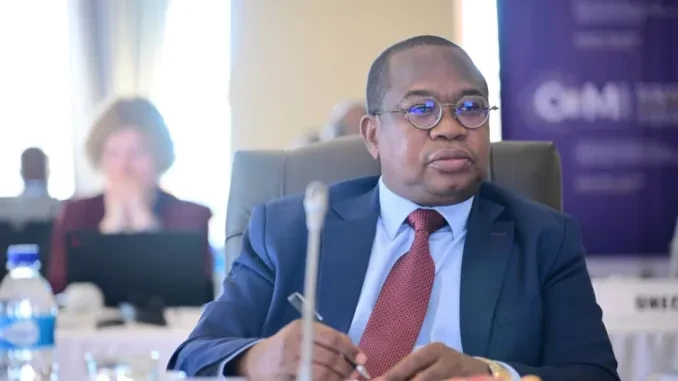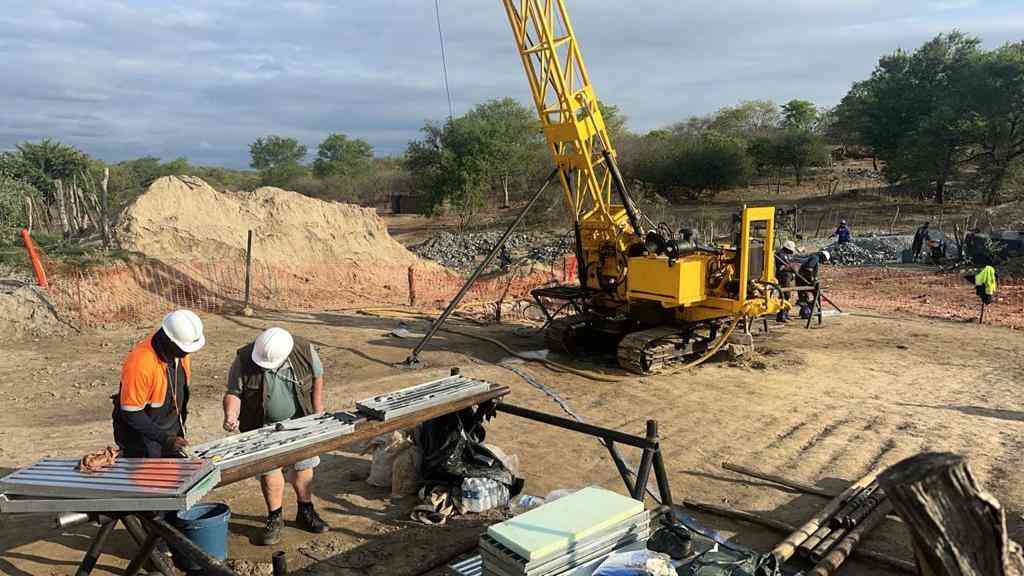
The Information and Communication Technology (ICT) sector should adjust to the swift industrial revolution prevailing in the sector, Postal and Telecommunications Regulatory Authority of Zimbabwe deputy director-general Alfred Marisa has said.
BY FIDELITY MHLANGA
Addressing delegates drawn from Communications Regulators Association of Southern Africa (Crasa) human resources development committee meeting in Harare yesterday, Marisa said the ICT sector was characterised by technological changes.
“So as we embark on this meeting, perhaps it is time for self-introspection to look at what we are doing that whether it’s really adding value or we are just doing things because that’s how things were done before. Isn’t it about time that we move away from the traditional human resources practices? I recently read an article and there was this issue about the impending shortage of drone pilots and that is going to be in the near future,” he said.
Crasa members are Angola, Botswana, Democratic Republic of Congo, Lesotho, Mauritius, Mozambique, South Africa, Namibia, Swaziland, Tanzania, Zambia and Zimbabwe Crasa’s key mandates are to promote and coordinate implementation of key regional ICT and postal regulations, standards and equipment type approval to improve the business environment and investment climate in the region.
He said industry players cannot bury heads in the sand at a time technological advancement was taking place at an alarming rate.
“Because what is going to happen in the future is that instead of you employing 5 messengers and 5 drivers or whatever you may just need perhaps just need 2 who will be operating drones and doing the entire messenger work for you. This is not fantasy world. They have already tested an unmanned drone to transport someone from point A to point B. We are doing about the world of robotics,” he said.
Marisa said human resources policies were flexible enough to tap into the skills and expertise of the population in the diaspora.
- Chamisa under fire over US$120K donation
- Mavhunga puts DeMbare into Chibuku quarterfinals
- Pension funds bet on Cabora Bassa oilfields
- Councils defy govt fire tender directive
Keep Reading
“I am not talking about those who want to come back and become consultants but I am talking about people that can offer their services for a fee and not necessarily consultants but can carry out a job for you for a period of time and pay them as they go,” he said.












